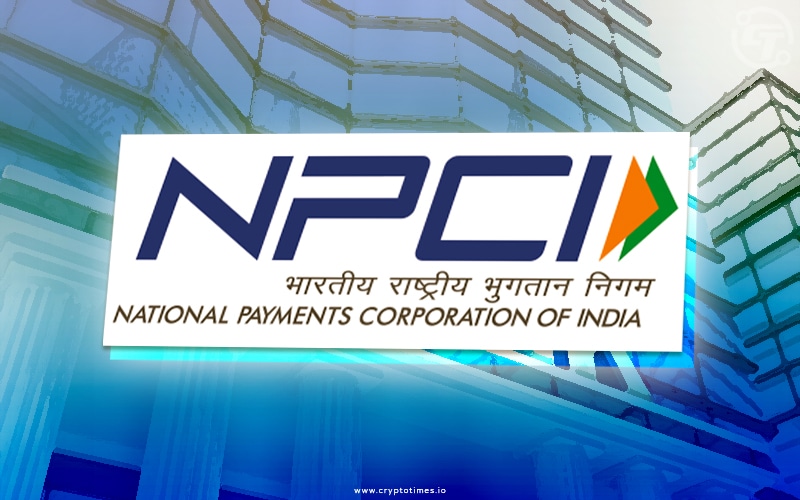The Indian government still hasn’t clarified the status of crypto in the country or developed a framework regarding its regulation. Amid all the ambiguity, the country’s banks have asked the National Payments Corporation of India (NPCI) to lay down a formal directive regarding the use of ‘Unified Payment Interface’ (UPI) for buying and selling virtual digital assets (VDAs).
NPCI operates the retail payments and settlements systems in the country. It has given ‘verbal instructions’ to banks to block UPI’s for crypto trading.
At a recent meeting, several banks, some of which are shareholders of NPCI, raised the issue of clarification on the subject of accepting UPI payments for crypto trading.
NPCI has previously expressed its reservation of the fund flow through UPI for crypto trades. An NPCI official has said that the ‘non for profit’ company has “no intentions of any circular”.
Several senior bankers and crypto community members feel that a written notice from NPCI might not come anytime soon because of the legal complications it might follow.
A banker said,”If there is a formal circular to ban UPI for cryptos or VDAs, whatever is the nomenclature, the crypto industry in all likelihood would legally contest it — as they had done when RBI imposed a ban in April 2018.”
The Supreme Court set aside the RBI circular that prevented banks from allowing customers to use their bank accounts for crypto trading and lifted the ban in 2020.
Another banker said, “We didn’t quite understand NPCI’s decision. While it informally restricted UPI (for crypto trades), it’s silent on IMPS. This point was also raised by someone at the meeting.”
IMPS stands for immediate payment service and is the payment service provided by NPCI. It is unclear whether IMPS can be used for crypto trades.
Bankers are also questioning whether NPCI is authorized to impose an informal ban on UPI use for crypto trading. It is unlikely that any formal circular or notice will be released by NPCI soon.
Indian Crypto exchanges are using peer-to-peer trades and direct transfers for payments, as of now to overcome RBI restrictions. However, these methods are much less efficient.






